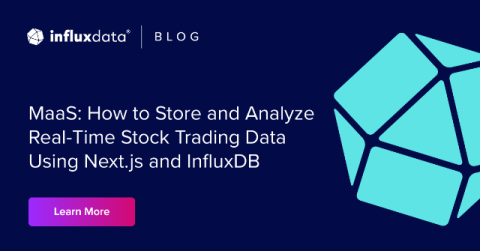Managing Humidity to Reduce Data Center Water Consumption
Did you know that an average data center can consume around 300,000 gallons of water every day? With data center sustainability being a top priority for many organizations around the world, it is important to remember that sustainability is not just about decreasing the use of fossil fuels and lowering carbon emissions but reducing water consumption as well. However, according to Uptime Institute, only 43% of data centers collect data on their water usage for corporate sustainability purposes.











